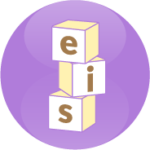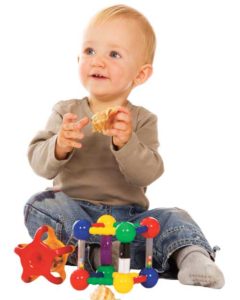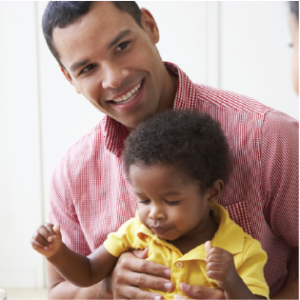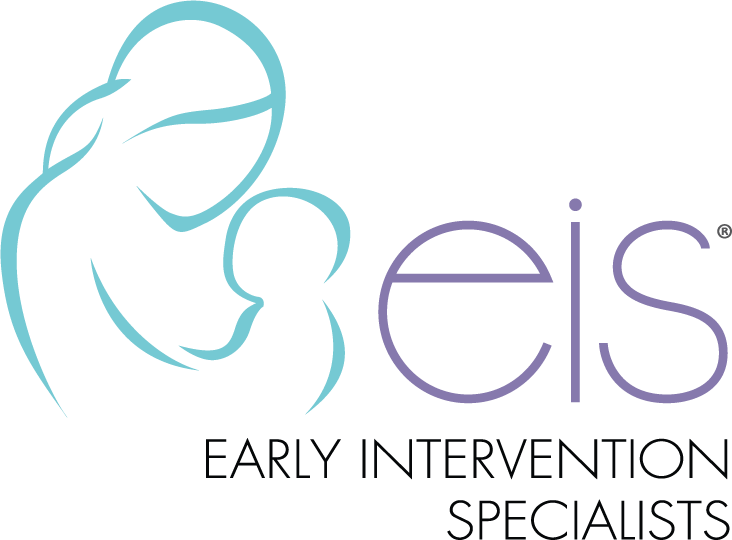 Early Intervention is supports and services that are designed to help families with children who have or are at-risk for developmental delays. All children develop at their own pace and some children might take longer to reach developmental milestones than other children. In some cases, this can be cause for concern. These concerns can be addressed by embedding Early Intervention supports and services in the family’s daily routines so the parents and caregivers can encourage the child’s growth and development during natural learning opportunities.
Early Intervention is supports and services that are designed to help families with children who have or are at-risk for developmental delays. All children develop at their own pace and some children might take longer to reach developmental milestones than other children. In some cases, this can be cause for concern. These concerns can be addressed by embedding Early Intervention supports and services in the family’s daily routines so the parents and caregivers can encourage the child’s growth and development during natural learning opportunities.
Early Intervention services are designed to support the family’s ability to enhance the infant or toddler’s development in one or more of the following areas:
Physical Development
This involves the growth and development of the whole body! How your child uses their fingers, moves their arms and legs, turns their head and torso are all part of physical development. Moving in different ways requires balance, strength and control. Physical development is often broken into Gross and Fine motor development. Gross motor development involves the larger muscles of the body, such as those used for walking. Fine motor development is concerned with smaller, more precise muscle groups and can be observed when a child is picking up a Cheerio with two fingers or placing a piece into a puzzle. Vision and hearing are also part of physical development.

Cognitive Development
This is the area of development concerned with thinking and learning. This involves attention and memory skills, as well as language skills.

Adaptive Development
This domain of development encompasses an array of behaviors a child acquires during the developmental process in order to function independently. An example of a very early adaptive skill is when a baby holds or supports a bottle to feed him or herself. Self-feeding, helping with dressing & undressing, and using utensils are just a few examples of adaptive development.

Communication Development
Communication isn’t just about talking! Even newborn babies communicate! Expressive communication involves gestures, such as pointing and looking, as well as speech-sound development. Receptive communication is how a child understands what is said and can be observed when a child follows a simple direction or points to a picture that is named.

Social & Emotional Development
This area involves a child’s ability to form attachments to their caregivers and other significant people in their lives. Social development also includes learning to play with others, sharing, and being able to create lasting relationships with others. Development of self-awareness, self-confidence, and coping with feelings are all necessary for healthy emotional development.

